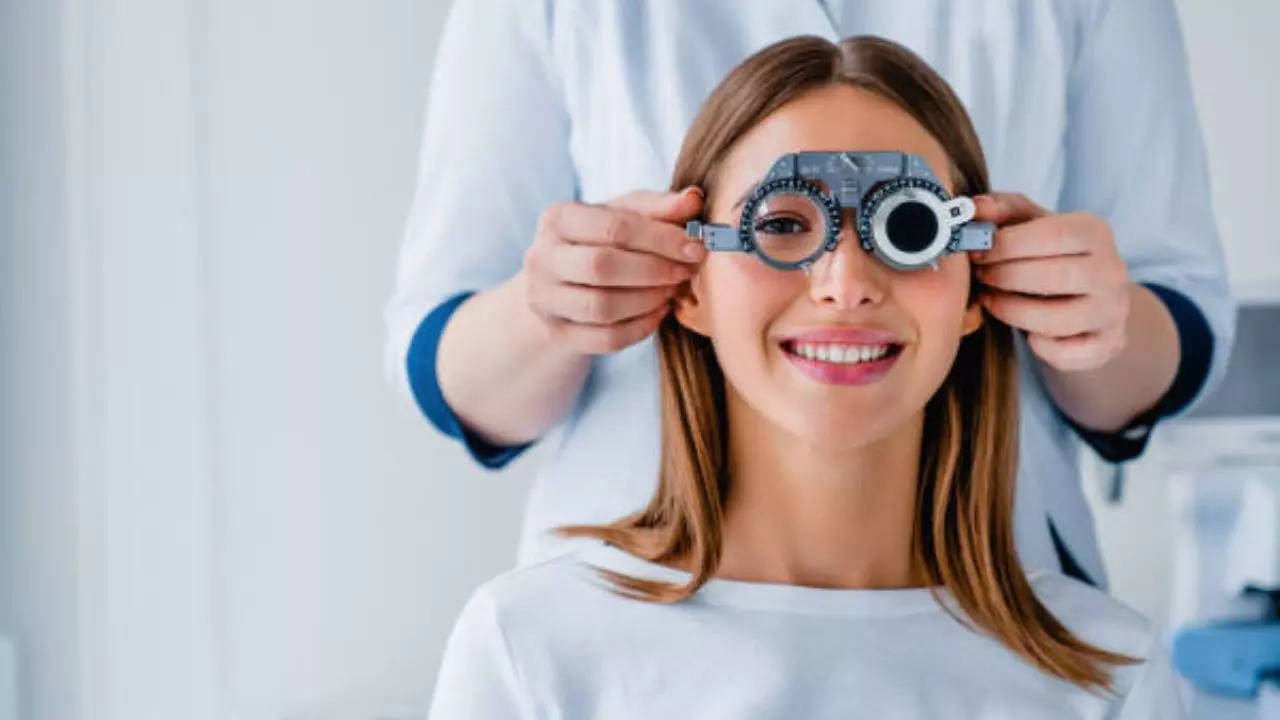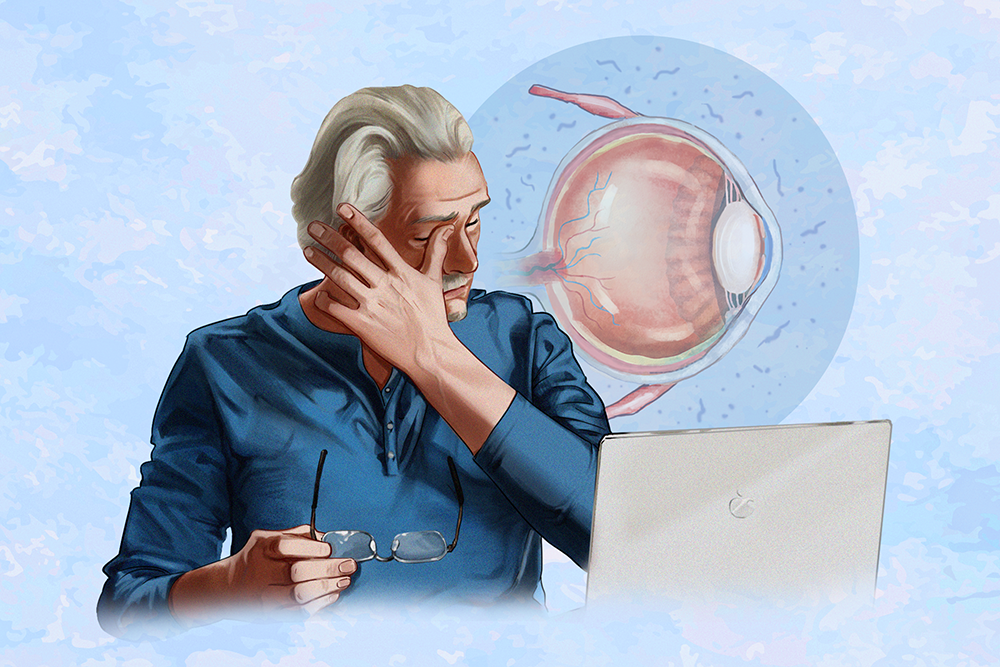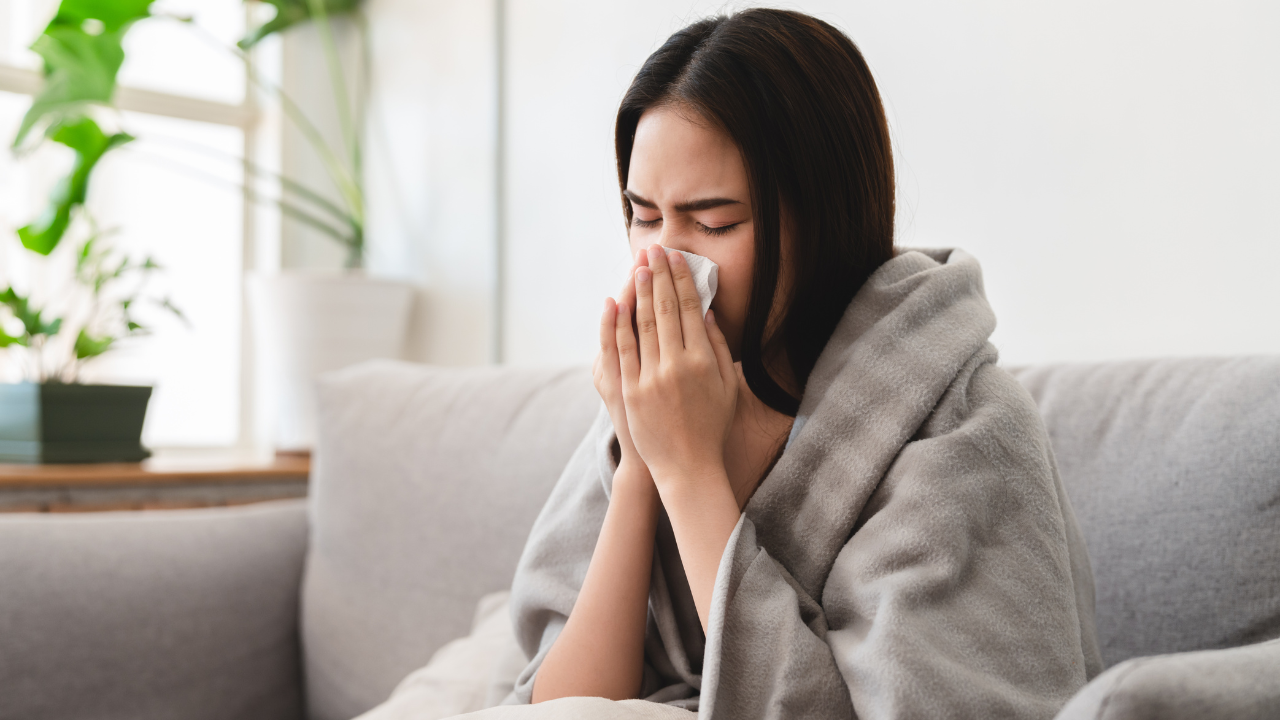Taking care of our eyes should be at the top of our health priorities. Think about it—how often do we pause to check in on our vision? For many, the answer is rarely, if ever, until something seems off. The truth is, that our eyes can face a range of challenges as we age, especially with modern lifestyles dominated by screens and fast-paced routines.
So what should you do to keep your eye health in check? Times Now got in touch with Dr Priyanka Singh (MBBS, MS, DNB, FAICO), Consultant and Eye Surgeon at Neytra Eye Centre, New Delhi, who shares that eye health is often ignored until a problem arises. "Regular checkups can significantly reduce the risk of vision loss and help detect conditions early, improving treatment outcomes. It’s about prevention, not just cure,” she said.
So what each age group should know about eye health—and how to keep your vision sharp? Let's check! For Children: Refractive Errors and AmblyopiaKids often can’t express when their vision isn’t clear. That’s why parents need to stay one step ahead. Issues like refractive errors (think nearsightedness, farsightedness, or astigmatism) can lead to amblyopia—better known as "lazy eye.
" If left untreated, it could result in permanent vision loss in one or both eyes. “Children should ideally have their first eye screening at six months of age,” shares Dr Singh. “Follow-ups should happen at ages 3, 5, and before starting school.
Early detection of refractive errors or lazy eye can prevent .



















